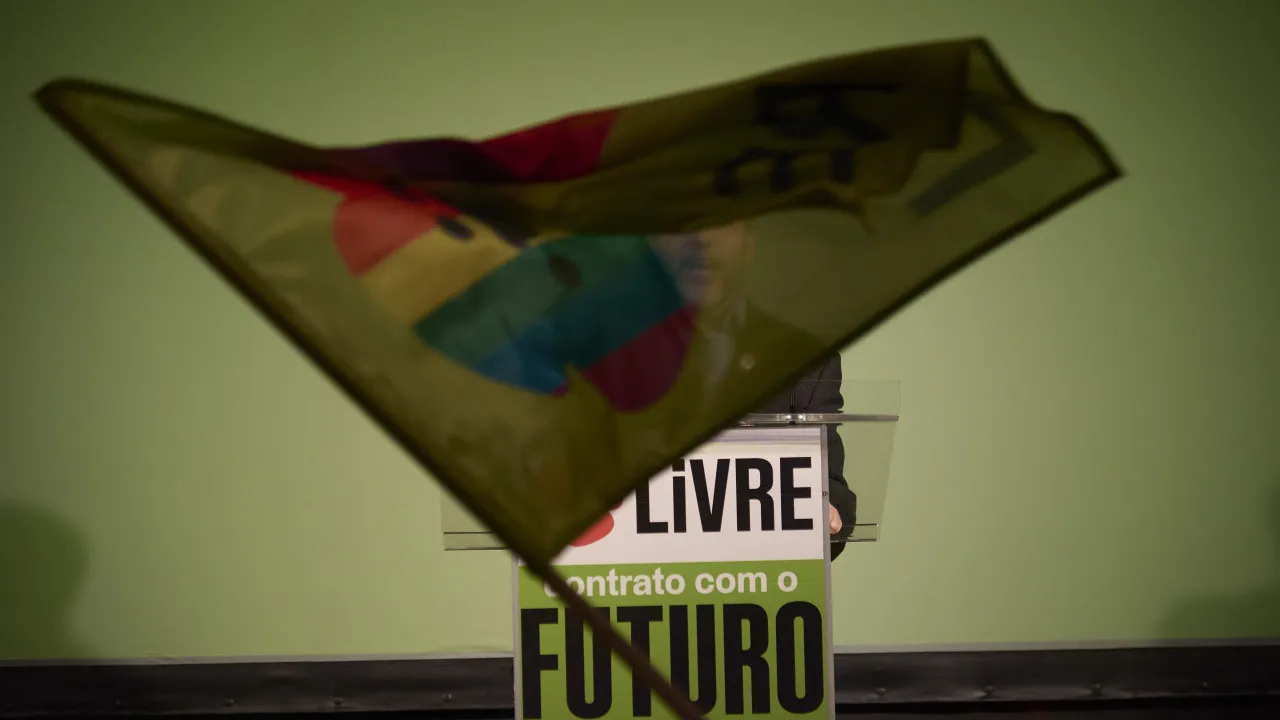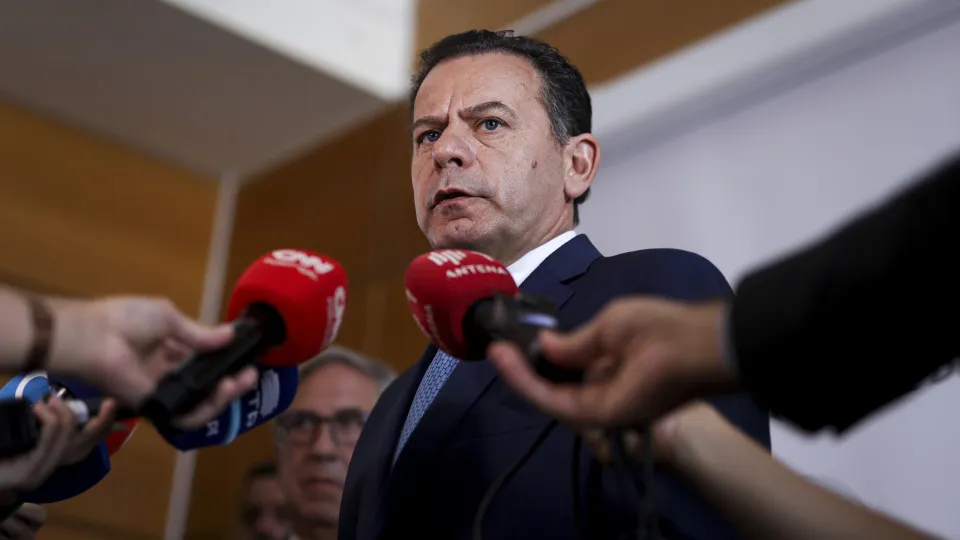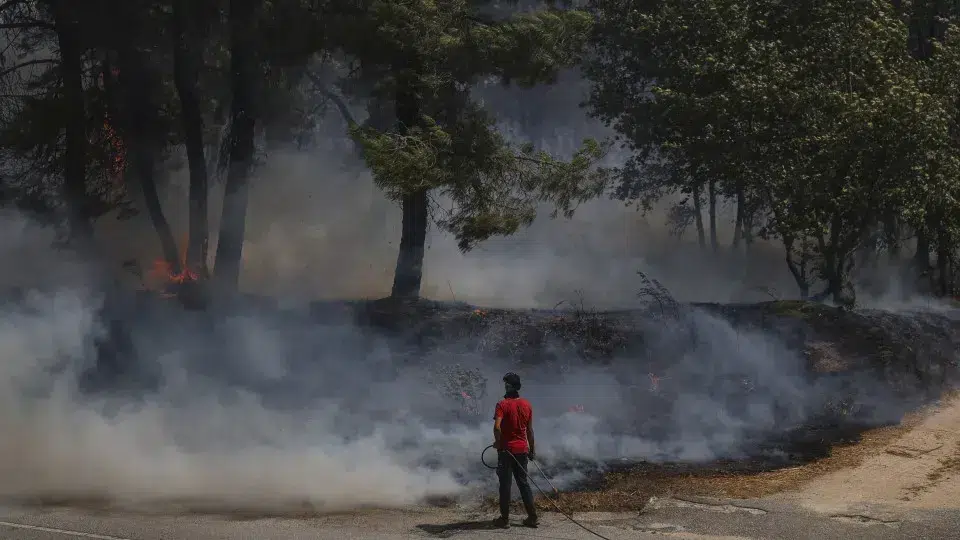
The Livre party has submitted a proposal to the parliament urging the repeal of a measure that ends the application of a reduced 6% VAT rate on equipment primarily for harnessing solar, wind, geothermal, and alternative energy sources, including photovoltaic panels, heat pumps, and air conditioning units, proposed to begin on July 1. The proposal suggests applying the standard rate of 23% VAT instead.
In its rationale, the Livre Parliamentary Group argues that ending the reduced VAT rate for these devices marks a “significant fiscal setback.” The environmental association ZERO described this increase as an “attack on climate policy.”
The party highlights that Portugal is well-suited for the production and use of renewable energy, with data from the Portuguese Renewable Energy Association (APREN) indicating that these energy sources account for over 80% of electricity generation.
“The renewable energy sector has been experiencing rapid development and innovation, driven by technological advances and the urgent need to combat climate change,” the Livre states in the document.
The Livre advocates prioritizing public initiatives to accelerate the energy transition, suggesting that fiscal benefits for individuals and the private sector are “essential to ensure predictability, attractiveness, and fairness in the collective effort to decarbonize.”
The party argues that the legal termination of tax benefits for purchasing and maintaining such equipment is a “circumstance that needs to be reversed” to “restore fairness and incentivize access” to more efficient and renewable energy solutions, also enabling individuals to address “adverse weather conditions being recorded.”
On June 26, the environmental association Zero expressed regret over the anticipated increase, citing “the lack of a green tax policy in line with Portugal’s emission reduction and climate adaptation goals,” stating that the country is moving contrary to European Union directions.
Zero believes this VAT modification “represents a significant fiscal setback that could compromise the country’s efforts in supporting renewable energy during the energy transition and in reducing greenhouse gas emissions, in addition to hindering families’ access to better thermal comfort and reducing the public health impact during heat and cold waves.”




